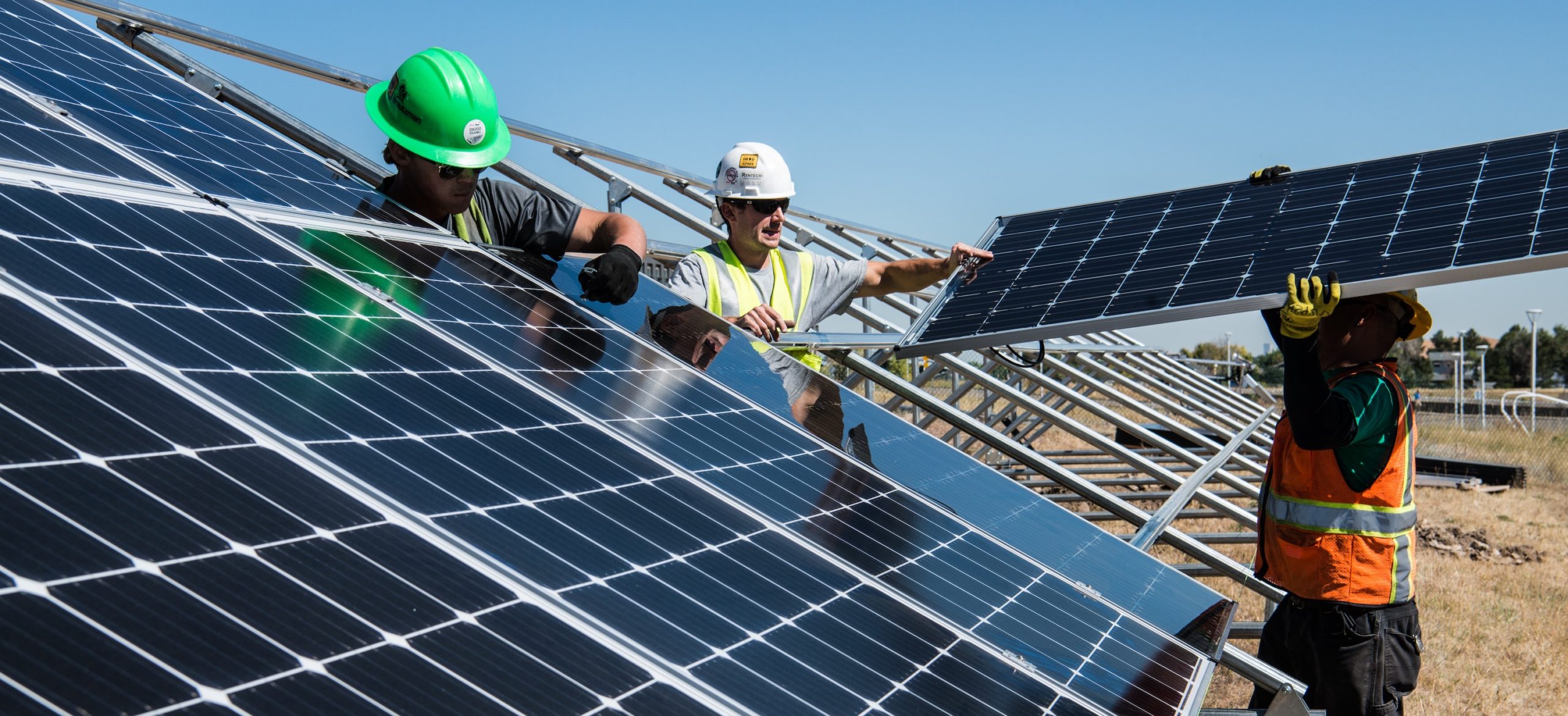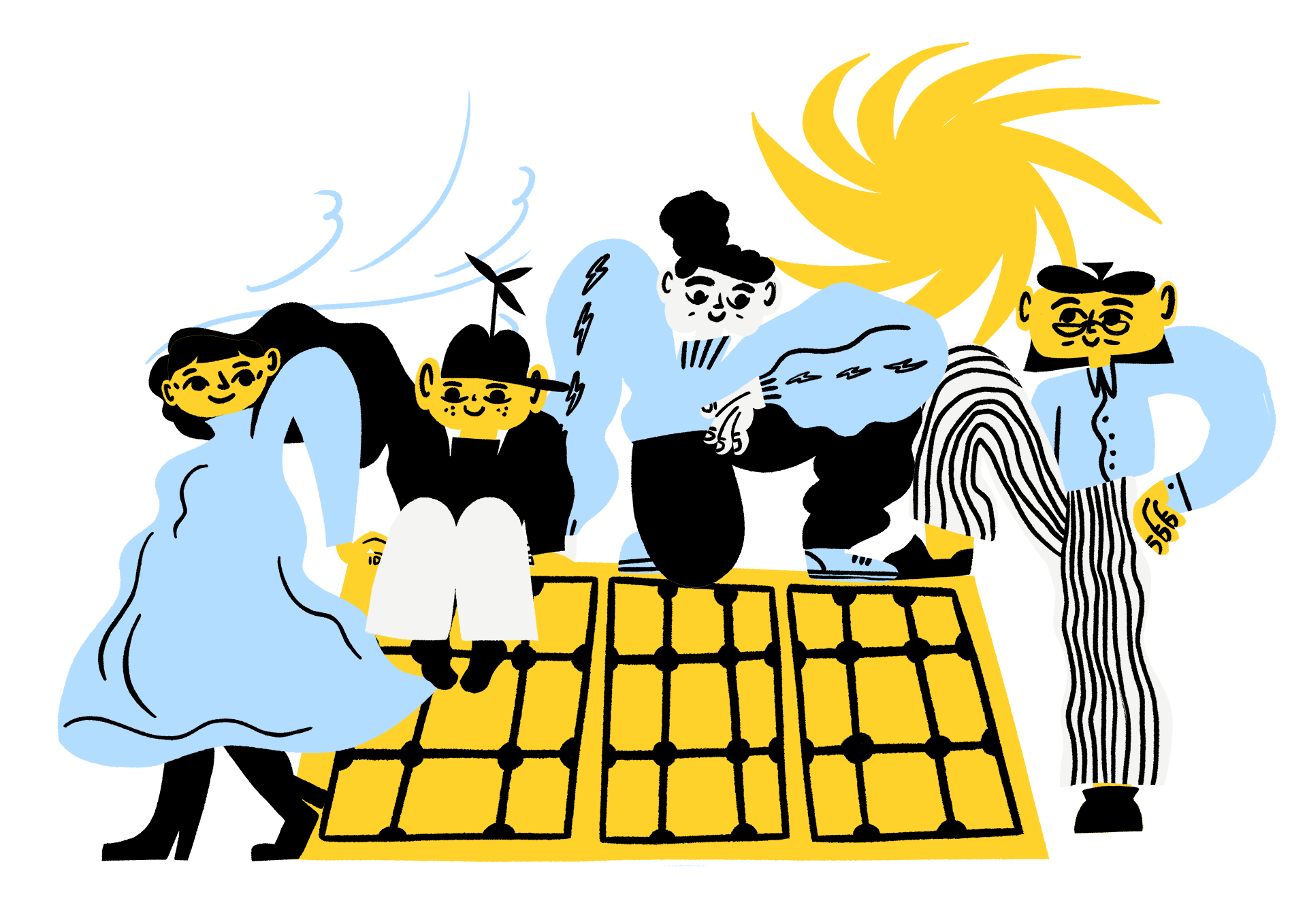What is the first thing you think of when you hear the word energy? Or citizenship? We examined both terms and reviewed the literature in order to establish a holistic definition of energy citizenship, writes Luise Schlindwein from TNO and project GRETA.
The engagement of citizens is seen as a critical factor in achieving a clean energy transition. In recent policy documents and scientific literature, the term energy citizenship has been found to be a concept that encapsulates a new definition of consumers.
However, for a common understanding between researchers as well as clear communication towards the general public, a holistic definition of energy citizenship is necessary. Within the Green Energy Transition Actions (GRETA) research project, both terms energy and citizenship were examined and all existing definitions of energy citizenship were reviewed in order to establish a holistic definition.
Energy has many meanings
What is the first thing you think of when you hear the word energy? Is energy rather an indicator of vigour for you or the energy that is provided by coal, oil, wind or the sun? Within the use of our language, the term energy has many meanings.
Also as users of energy, as in produced by means of fossil or renewable resources, there are multiple ways to understand it:
(1) energy as a commodity, which is mainly about the supply, demand and price of energy,
(2) energy as an ecological resource, meaning that energy is seen as a resource which is depleted and can have environmental impacts,
(3) energy as a social necessity through being available to social groups and meeting essential needs,
(4) energy as strategic material which is about geopolitics and the availability of domestic substitutes.
Citizenship as active participation
According to the Cambridge dictionary, citizenship has two meanings as well, namely:
(a) the state of being a member of a particular country and having rights because of it and
(b) the state of living in a particular area or town and behaving in a way that other people who live there expect of you.
During the last century, different notions of citizenship have evolved. Examples are performative citizenship or environmental citizenship, which are both about the active participation of citizens. The key feature of performative citizenship is enacting and claiming rights, while environmental citizenship is about taking responsibility for one’s interaction with the environment.
Definition of energy citizenship within GRETA
The transition from a fossil fuel-based energy system to a sustainable one has initiated the redefinition of social roles and responsibilities of citizens and therefore brought a new facet to “energy as social necessity”. A notion of citizenship emerged which is about both the rights as well as responsibilities of citizens: energy citizenship.
The idea of energy citizenship builds on a view of citizens as active participants, who are specifically engaged in sustainable energy transitions. Concretely, within GRETA energy citizenship is defined as:
Energy citizenship is about the active participation of citizens in energy systems in a particular geographical area. Active participation can both be socially and politically, either as individuals (e.g., through energy efficiency measures in households) or in larger groups (e.g., through engagement with energy policy in climate activist groups or energy communities). The effects of energy citizenship can be positive (e.g supporting the clean energy transition, investing in energy-efficient appliances or participating in a local energy initiative), negative (e.g. public resistance to new forms of renewable energy) or neutral.
In the context of GRETA, we aim to improve our understanding of the drivers, barriers and enablers of energy citizenship emergence. Findings will be utilized to inform and encourage policymakers to advocate energy citizenship supporting local and global decarbonization goals.
Read more about terms related to energy citizenship from our glossary
Luise Schlindwein works as a scientist innovator at TNO. In GRETA, Schlindwein and her colleagues from TNO are leading the creation of the energy citizenship framework.

